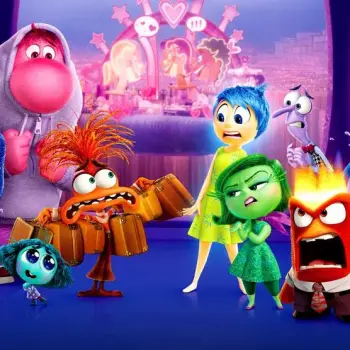In every part of the world we go to, we discover a different culture, language, and race. This diversity plays a role in how we interact with one another. While race, language, and religion contribute to our sense of identity but also sometimes create divisions. These differences can bring us together or drive us apart.
Language and race are geographical but religion is a belief that is very personal to everybody. It can give them a purpose in life, a sense of belonging, and a way to overcome personal struggles. However, the same elements that make religion powerful can also lead to conflict. When people believe their religious path is the only true one, it can create intolerance and exclusion.
Historically, religious differences have sparked wars, genocides, and discrimination. These conflicts often go beyond theological differences and tap into our need to defend our identity and power. When religious identity feels threatened, people can become defensive and view others as enemies.
Religious bigotry often comes from ignorance, fear, and the misuse of religious teachings for personal or political gain. Leaders may exploit religious feelings to rally support or justify actions, creating an “us versus them” mentality. Many people grow up within one religious perspective, leading to limited exposure to other beliefs and a sense of exclusivity.
Despite these challenges, most religions preach love, acceptance, and harmony. However, these teachings are sometimes applied selectively, often only extending love and acceptance to those within the same faith community.

To foster better unity between faiths, we can take several steps:
Empathy
The most significant observation I have made since the onset of the Israel-Palestine conflict is that, despite divisions based on race, religion, or language, one element that unites us as humans is empathy. The ongoing violence experienced by the people of Gaza has prompted individuals worldwide to step out of their homes and speak out against the injustice.
The visuals we are seeing all across the internet are making our hearts ache. The first thing on our mind, when we see such atrocious visuals, is not what religion he/she follows or what race he is from but are thoughts of empathy towards them.
Interfaith Dialogue
Encouraging conversations between different religious communities can promote understanding and respect. These dialogues should focus on common values and shared goals rather than differences.
Education
Having a basic understanding of the concepts and beliefs of different religions can dispel myths and reduce fear. In my perspective, the most important thing to keep in mind would be to learn from authentic sources. The most authentic source to learn about any religion would be its religious scriptures and authentic scholars of the community. And the worst source of depiction of any religion would be news and entertainment media. Also, Teaching children about different faiths in an unbiased way fosters empathy and broadens perspectives.
Shared Community Service
Shared community service would also play a pivotal role in developing trust and understanding towards other communities. This will allow people of different faiths to collaborate towards common humanitarian goals, fostering mutual respect and cooperation.
Promoting Secular Governance
The political system of a country has a great responsibility towards maintaining peace among different groups. Ensuring political systems remain secular can prevent the misuse of religion for power. A government that treats all religious groups equally helps reduce religious discrimination and conflict.
Role of Religious Leaders
Religious leaders should actively promote inclusivity and interfaith harmony within their communities. They must preach acceptance and tolerance towards other communities. Their influence can shape more accepting attitudes among their followers.
Personal Reflection
Individuals should reflect on their beliefs and attitudes toward other religions. Recognizing that spiritual fulfillment and moral integrity are not exclusive to one’s faith can open the door to greater acceptance.
In conclusion, while religion can separate us, it also has the potential to unite us in profound ways. By focusing on the core teachings of love, acceptance, and harmony common to all faiths, and by fostering interfaith dialogue and cooperation, we can bridge the divides that religion often creates. Through education, shared experiences, and mutual respect, it is possible to find unity amidst diversity, honoring the richness of our varied spiritual landscapes.












